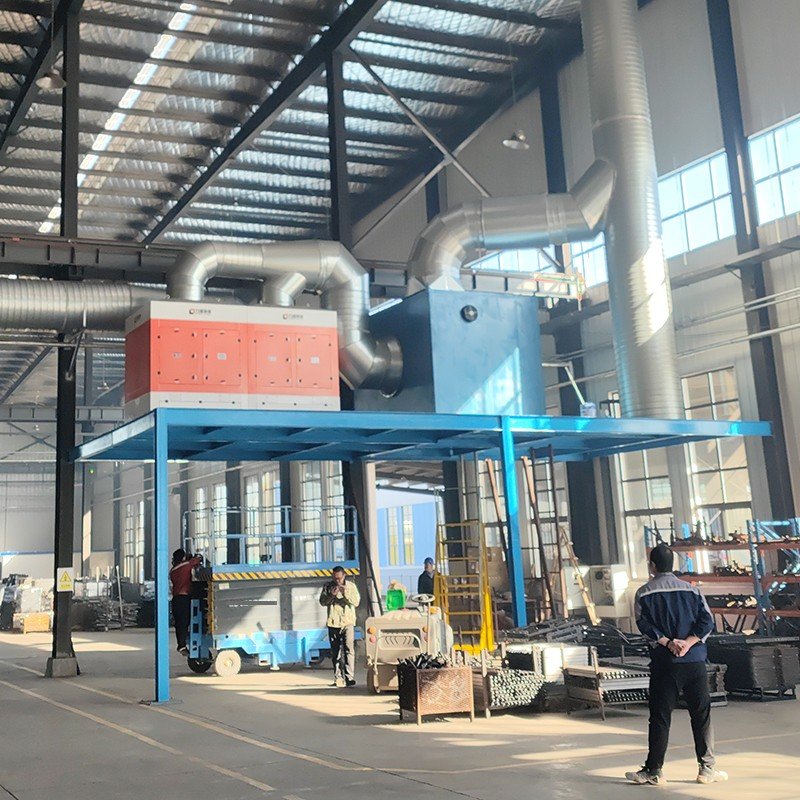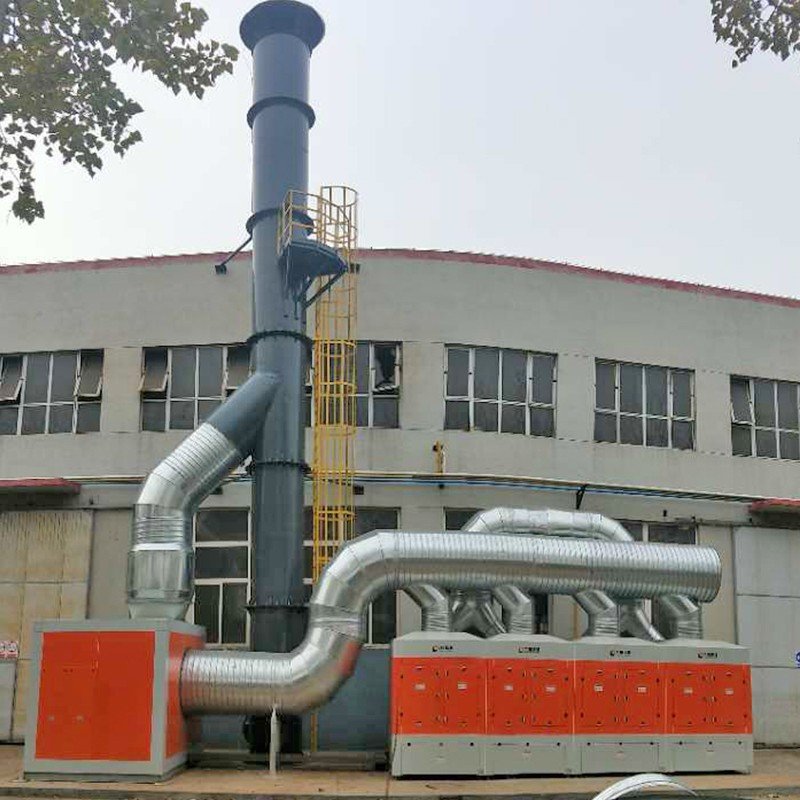In the industrial sector, welding operations are prevalent, producing a significant amount of fumes and dust that can be hazardous to both human health and the environment. To mitigate these risks, the implementation of Central Dust Collector System is essential.
The Necessity of Central Dust Collector System
The need for Central Dust Collector System cannot be overstated. Welding processes release a myriad of harmful particles, including metal fumes, gases, and ultrafine particulates. Exposure to these substances can lead to respiratory issues, skin irritation, and long-term health consequences. A dust collector system is designed to capture and filter these contaminants, ensuring a safer workplace and compliance with occupational health and safety regulations.
Moreover, the efficiency of a dust collector machine is critical in maintaining the quality of the work environment. By removing welding fumes, the risk of product contamination is reduced, which is particularly important in industries with stringent quality control standards.

Applicable Conditions for Central Dust Collector System
Central Dust Collector System are best suited for environments where:
Welding activities are continuous and on a large scale.
Multiple welding stations are in operation simultaneously.
The workspace is spacious, such as in manufacturing plants or shipyards.
The materials being welded are known to produce high volumes of smoke fumes, such as stainless steel or certain alloys.
There is a need for local exhaust ventilation welding to capture fumes at the source.
Selecting Central Dust Collector System
When choosing a large industrial welding fume dust collector, several factors should be considered:
Airflow Capacity: The system should match the cubic feet per minute (CFM) or cubic meters per hour (m³/h) of the workspace. A general rule is 1000 CFM per welder, but this can vary based on the welding process and materials used.
Filter Efficiency: High-efficiency particulate air (HEPA) filters are recommended to capture particles as small as 0.3 microns. The dust collector machine should have a robust filtration system to ensure clean air discharge.
Mobility: For flexibility in a large workspace, the dust collector should be mobile, equipped with casters and handles for easy maneuverability.
Power Source: The machine must be compatible with the available power source in the facility.
Maintenance: Consider the ease of maintenance, including filter replacement and cleaning intervals.
Compliance: Ensure the dust collector system complies with all relevant safety standards and regulations.

Recommendations for Central Collector System Manufacturers
When it comes to investing in a large industrial welding fume dust collector, choosing a reputable manufacturer is crucial. The following manufacturers are known for their high-quality smoke fume extractors and dust collector systems:
Dric: A professional manufacturer of industrial ventilation systems, specializing in air pollution control equipment, they offer dust collectors with high filtration efficiency and low maintenance requirements.
Conclusion
Selecting the right large industrial welding fume dust collector is a critical decision for any manufacturing facility engaged in welding operations. By understanding the necessity, applicable conditions, selection criteria, and reputable manufacturers, businesses can ensure a safer and healthier work environment for their employees while maintaining compliance with industry standards. Remember, investing in a quality dust collector system is an investment in the well-being of your workforce and the longevity of your business.
Request Quote
Tell us your inquiry, we will recommend a suitable product model or solution for you!



